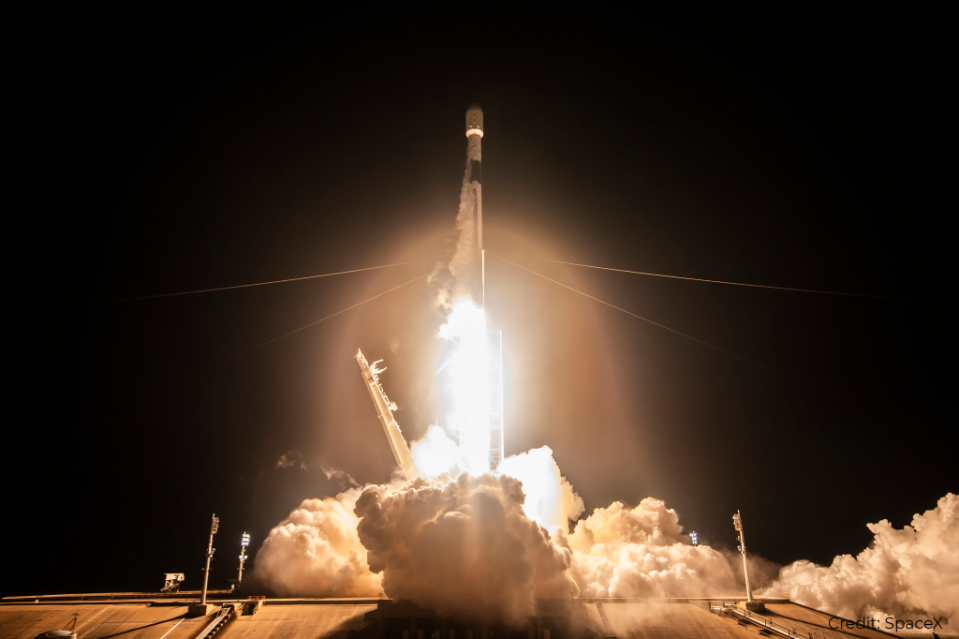Startups have taken big strides this year to bring back space travel
As you’ve been going about your life these past few days, a spacecraft named Odysseus has been making its way from Earth to the moon.
If all goes as planned, Odysseus will land on the lunar surface on Thursday afternoon and become the first United States spacecraft to do so since 1972. A successful landing would also be the first private lunar landing in history.
Odysseus was built by a Houston-based company called Intuitive Machines that had been backed by firms including IBX, Capital Factory, and Tactico, and which went public last year via SPAC. And it was launched into space by SpaceX, Elon Musk’s space juggernaut, backed by Founders Fund, Sequoia, Valor Equity Partners, and a host of other VC firms.

And just two weeks ago—on Feb. 9—four astronauts splashed down into the ocean in a SpaceX Crew Dragon Capsule, chartered by VC-backed Axiom Space, after a three-week trip to the International Space Station.
Many sectors in the venture capital market have slowed during the downturn, but space startups are—quite literally—taking off. In 2023, there were 211 funding deals for startups—up from 207 in 2022, according to Crunchbase. While overall deal value dropped, that was mostly due to two mega-deals in 2022 that skewed the comparison.
Twenty years ago, the idea of all of this activity within the private space industry would have seemed highly improbable. SpaceX’s reusable Falcon 9 rocket has changed the game, making space launches affordable enough for smaller companies to participate.
“By making the Falcon 9 work, having a reusable system, they caused other companies to change their way of doing business in order to stay in business and compete,” says Dr. Michael Lembeck, a former NASA director who is now an aerospace engineering professor at the University of Illinois.
As I reported last week, the Intuitive Machines mission, in particular, could be pretty important to bringing back space travel. Odysseus is carrying NASA experiments that are expected to unearth some key findings that U.S. companies and NASA can use to eventually start transporting people to other planets. “Either the knowledge we get or the actual location is going to end up being our jumping-off point to send people to Mars and to other planets after Mars,” Joel Kearns, deputy associate administrator for exploration in NASA’s science mission directorate, told reporters at a space conference last week.
I’m a frequent critic of startups—being skeptical is part of my job, after all. But 55 years after Earthlings first stepped foot on the moon, it’s clear that space travel is finally progressing again. And you have SpaceX and other VC-backed startups to thank for it. Now that’s pretty amazing.
See you tomorrow,
Jessica Mathews
Twitter: @jessicakmathews
Email: jessica.mathews@fortune.com
Submit a deal for the Term Sheet newsletter here.
Joe Abrams curated the deals section of today's newsletter.
This story was originally featured on Fortune.com

 Yahoo Finance
Yahoo Finance 